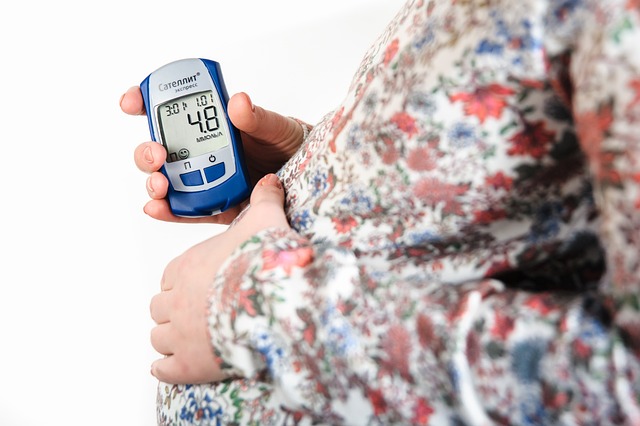Pregnancy can bring a whole lot of discomfort, especially as your belly starts to grow. Many expecting parents deal with aches and pains, and while some opt for over-the-counter meds, others prefer to explore alternative therapies. If you’re looking for ways to ease those pesky discomforts without medication, acupuncture might be a great option to consider. But is it safe? Let’s dig into how acupuncture works and what to expect.
Key Points to Note
- Acupuncture is an ancient Chinese practice, dating back more than 2,000 years.
- It can help alleviate stress, morning sickness, and various aches and pains.
- Generally, acupuncture is considered safe for pregnant individuals.
What Exactly is Acupuncture?
Acupuncture is all about balancing the body’s energy, known as “chi” or “qi.” Practiced for centuries, it involves inserting ultra-thin needles into specific points, or meridians, throughout the body. These points are believed to correspond with various nerves and can trigger the release of endorphins, which help block pain signals. While some practitioners cite over 2,000 acupuncture points, the World Health Organization has streamlined it down to 361 standardized ones.
Acupuncture During Pregnancy
Though some might worry that acupuncture will be painful, most people experience only mild discomfort, if any. When done correctly, it can actually relieve pain by targeting specific pressure points. Techniques like moxibustion (heating herbal moxa), dermal friction, acupressure (using fingers to apply pressure), and cupping (using suction to promote blood flow) are often utilized. And don’t worry—the FDA regulates acupuncture needles in the U.S. to ensure safety.
Benefits of Acupuncture While Expecting
Pregnancy-related aches and nausea can be intense, often making daily tasks challenging. Since medication options are limited during pregnancy, acupuncture becomes a fantastic alternative. Research suggests it can significantly reduce perceived stress and improve overall well-being. Here are a few specific benefits:
- Morning Sickness: Roughly 75% of pregnant individuals experience morning sickness. Targeting the wrist with acupuncture can help ease nausea and vomiting during the first trimester.
- Water Retention: Fluid retention can be uncomfortable, but acupuncture can support kidney function and reduce the need for potentially harmful medications.
- Sleep: Struggling to get a good night’s sleep? Acupuncture can enhance sleep quality by boosting melatonin production.
- Lower Back and Pelvic Pain: These issues are common during pregnancy but can improve with acupuncture, without any negative effects on newborns.
- Heartburn: This common discomfort can be alleviated through acupuncture by targeting specific points on the body.
Acupuncture and IVF
Interestingly, some studies indicate that acupuncture can positively influence the outcome of in vitro fertilization (IVF) procedures. If you’re curious about incorporating acupuncture into your fertility journey, consider consulting a knowledgeable practitioner who can guide you through the options.
Risks to Consider
While acupuncture is generally safe, certain points should be avoided until after 37 weeks of pregnancy. If you have an immune disorder or are immunocompromised, you might be at a higher risk for infections. Some acupuncture points to steer clear of include:
- Spleen 6
- Large intestine 4
- Urinary bladder 60 and 67
- Gallbladder 21
- Lung 7
- Conception vessel 3-7
- Governing vessel 27-34
Is Acupuncture Safe?
Many pregnant individuals worry that acupuncture could lead to complications like miscarriage. However, when performed by a trained professional, acupuncture is quite safe and can serve as an excellent alternative to traditional medicine.
Preparing for Your Acupuncture Session
Before making an appointment, it’s a smart idea to consult your healthcare provider. Look for an acupuncturist who specializes in treating pregnant individuals and ensures they:
- Avoid high-risk acupuncture points that might induce contractions.
- Use sterilized and disposable needles to prevent infections.
- Maintain a clean and safe environment.
- Clearly identify acupuncture points and properly dispose of needles.
In conclusion, finding the right acupuncturist who has experience with pregnant clients is crucial. Share your health history and current symptoms to tailor the treatment just for you. Don’t forget to wear comfy clothing and stay hydrated! Always consult your doctor before starting acupuncture.
For more insights on home insemination, check out this blog post on memorable baby shower favors your guests will appreciate. And if you want to learn more about at-home insemination kits, check out this resource on Impregnator at-home insemination kit. For further guidance on fertility treatments, the March of Dimes offers excellent resources.

